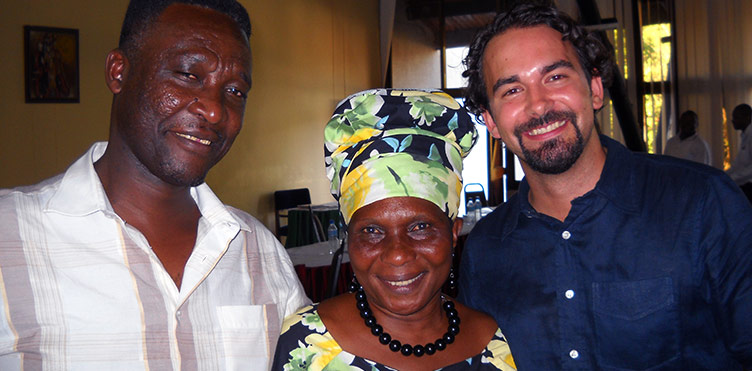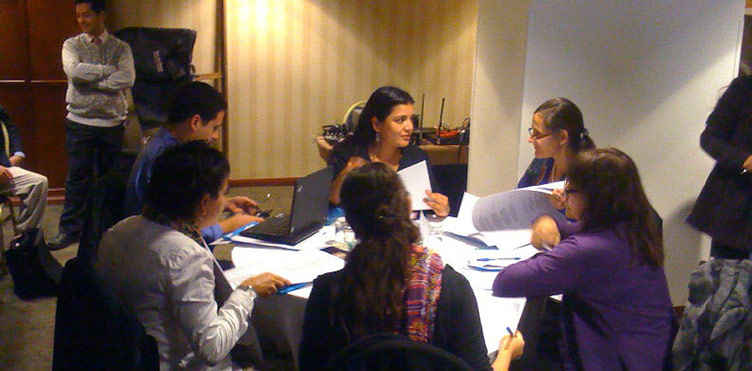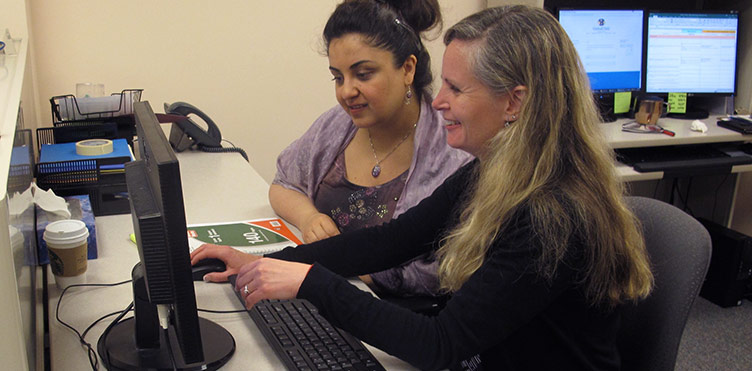There were three pilots of the Early Childhood Rights Indicators (ECRI) tool: Tanzania, Chile, and British Columbia (Canada).

The Tanzania pilot was the first of the three pilots, during which the tool was called the “Indicators of General Comment 7” (GC7 indicators). This pilot was conducted from 2009 to 2010 using a paper copy of the GC7 indicators.
Our team, in collaboration with the Ministry of Community Development, Gender and Children, and the UNICEF Country Office, recruited and trained a task force comprised of Tanzanian government officials to pilot the GC7 indicators.
The Tanzania pilot demonstrated that the indicators could be used:
During the Tanzania pilot, the idea of creating an electronic version of the tool was proposed as an effective step towards improving its utility and the efficiency of the data collection process. Upon completion of this pilot, the new electronic version of the GC7 indicators was developed. The new digitized tool was named the Early Childhood Rights Indicators (ECRI) and was launched on Nov. 20, 2012, in recognition of Universal Children’s Day.
The Tanzania pilot was funded by the Lawson Foundation of Canada.

From 2010 to 2011, Chile, as a middle-resource country, hosted the second pilot of the indicators tool in its electronic format, re-named the Early Childhood Rights Indicators (ECRI). After the tool was digitized, the indicators were translated into Spanish and were validated.
The pilot project of ECRI in Chile was mutually beneficial for the ongoing improvement of the tool as well as for the pilot country. The collected data clearly indicated that ECRI is an effective tool for conducting an inventory of child rights capacities. After the Chile pilot:
The Chile pilot was funded by the Social Science and Humanity Research Council of Canada (SSHRC) and the Lawson Foundation of Canada.

The third and final pilot of ECRI was conducted from 2015 to 2017 in a high-resource setting: the province of British Columbia (BC), Canada. Due to project circumstances, this pilot was reduced to only one of the indicators of ECRI: Indicator 8: Protection against violence.
Upon completion of data collection, the data was verified with support from the Office of the Representative for Children and Youth of BC (RCY BC).
In 2017, Vaghri partnered with Island Health and RCYBC to secure a Reach Award from the Michael Smith Foundation for Health Research to carry out knowledge translation activities for the BC pilot.
The main activity was the BC Child Rights Symposium, held on Nov. 16, 2018. This event was co-organized by RCY BC, Island Health and GlobalChild. The purpose was to inform early child development and child rights stakeholders about what was learned through this pilot.
The final report of the BC pilot is now available to download:
The BC pilot was funded by a Catalyst Grant from Island Health.
We hope that this tool will soon be available for monitoring child rights for children aged 0-8 years globally. Dr. Vaghri is currently in conversation with the United Nations Committee on the Rights of the Child, under whose auspices the tool was developed and piloted, about the use of the tool by all 198 countries that are States Parties to the Convention on the Rights of the Child.